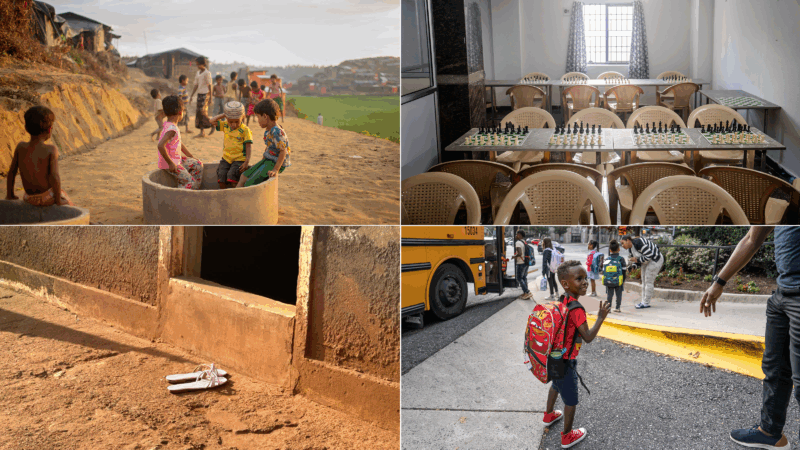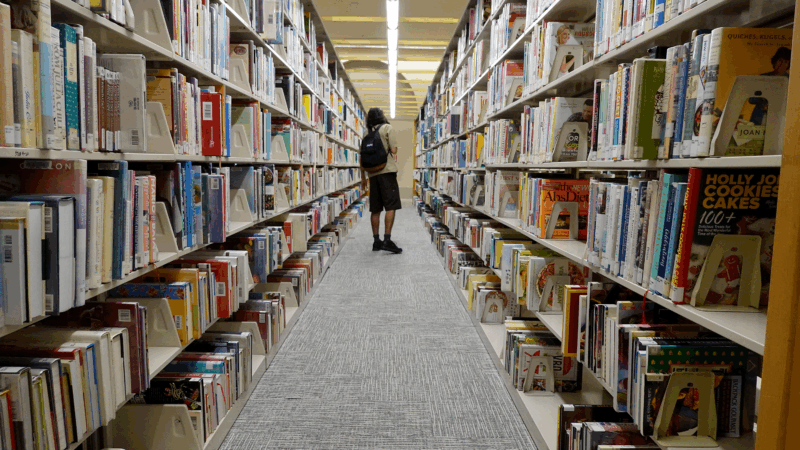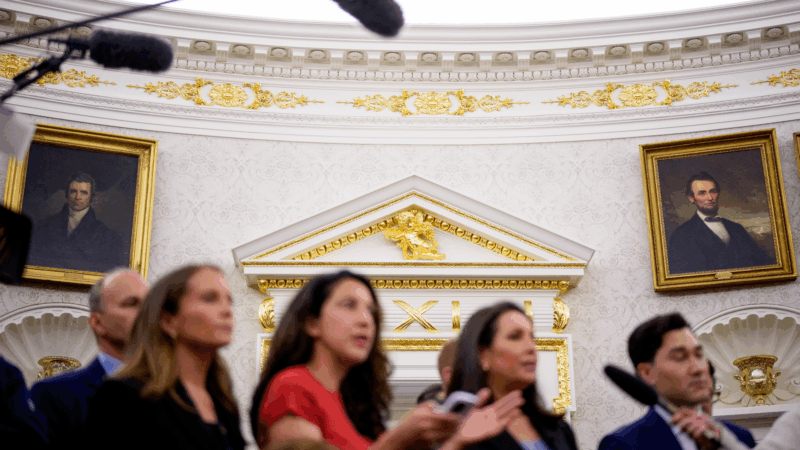The U.S. and China have agreed on a framework to resolve their trade disputes
LONDON — The U.S. and China have agreed in principle on a framework to carry out an agreement they reached on resolving their trade disputes last month, Chinese state media said.
The announcement followed Tuesday’s conclusion of two days of talks in London.
The earlier agreement had been shaken by a series of disputes in the ensuing weeks, leading to a phone call last week between President Trump and Chinese leader Xi Jinping to try to calm the waters.
Li Chenggang, a vice minister of commerce and China’s international trade representative, said the two sides had agreed in principle on a framework for implementing the consensus reached between the two leaders and at talks in May in Geneva, the official Xinhua News Agency said.
Further details, including plans for a potential next round of talks, were not immediately available.
Li and Wang Wentao, China’s commerce minister, were part of the delegation led by Vice Premier He Lifeng. They met with U.S. Commerce Secretary Howard Lutnick, Treasury Secretary Scott Bessent and Trade Representative Jamieson Greer at Lancaster House, a 200-year-old mansion near Buckingham Palace.
Lutnick said as he arrived Tuesday morning that the talks were “going well,” and he expected them to continue all day.
Asked late Monday how the negotiations were going, Trump told reporters: “We are doing well with China. China’s not easy.”
The two sides sought to build on negotiations in Geneva last month that agreed to a 90-day suspension of most of the 100%-plus tariffs they had imposed on each other in an escalating trade war that had sparked fears of recession.
Since the Geneva talks, the U.S. and China have exchanged angry words over advanced semiconductors that power artificial intelligence, visas for Chinese students at American universities and rare earth minerals that are vital to carmakers and other industries.
Trump spoke at length with Chinese leader Xi Jinping by phone last week in an attempt to put relations back on track, then announced the trade talks would resume in London.
China, the world’s biggest producer of rare earths, has signaled it may ease export restrictions it placed on the elements in April, alarming automakers around the world who rely on them. Beijing, in turn, wants the U.S. to lift restrictions on Chinese access to the technology used to make advanced semiconductors.
Trump said that he wants to “open up China,” the world’s dominant manufacturer, to U.S. products.
“If we don’t open up China, maybe we won’t do anything,” Trump said at the White House. “But we want to open up China.”
From chess to a medical mystery: Great global reads from 2025 you may have missed
We published hundreds of stories on global health and development each year. Some are ... alas ... a bit underappreciated by readers. We've asked our staff for their favorite overlooked posts of 2025.
The U.S. offers Ukraine a 15-year security guarantee for now, Zelenskyy says
Ukrainian President Volodymyr Zelenskyy said Monday the United States is offering his country security guarantees for a period of 15 years as part of a proposed peace plan.
Genre fiction and female authors top U.S. libraries’ most-borrowed lists in 2025
All of the top 10 books borrowed through the public library app Libby were written by women. And Kristin Hannah's The Women was the top checkout in many library systems around the country.
Teens are having disturbing interactions with chatbots. Here’s how to lower the risks
Teen use of AI chat bots is growing, and psychologists worry it's affecting their social development and mental health. Here's what parents should know to help kids use the technology safely.
A ‘very aesthetic person,’ President Trump says being a builder is his second job
President Trump was a builder before he took office, but he has continued it as a hobby in the White House.
Why do so many people ring in the new year on Jan. 1?
Much of the world follows the Gregorian calendar, named after Pope Gregory XIII, who put the finishing touches on a Roman system that integrated ideas from other cultures.







